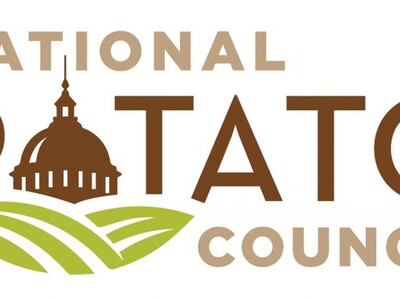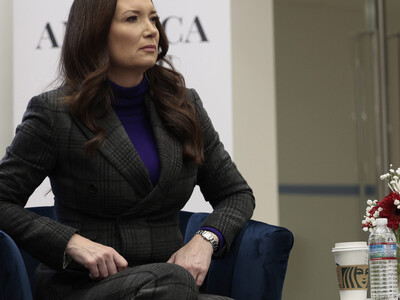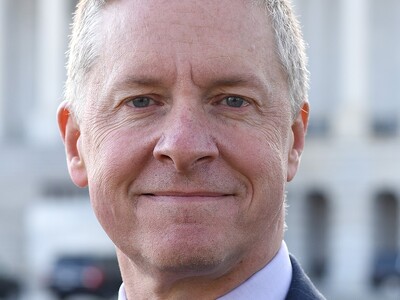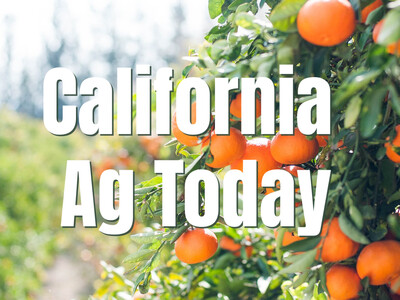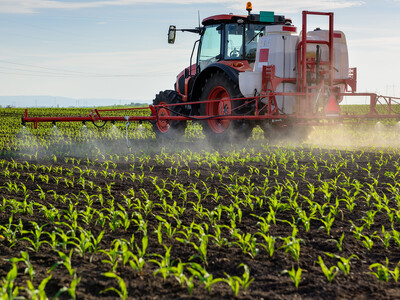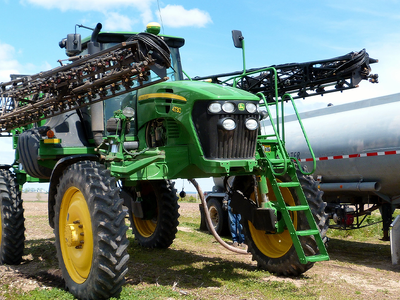Substantial Potential To Pollute
Joe Lemire, cattleman and landowner near Dayton is currently awaiting a Washington State Supreme Court decision on whether or not a DOE Administrative Order constituted a per se taking, and the DOE’s ability to regulate on “substantial potential to pollute” and due process. WCA Executive Vice President Jack Field talks about the concern of the WCA that the Supreme Court may side with the DOE and penalize Mr. Lemire over the substantial potential to pollute.
FIELD: It’s important that when people look at the Lemire case that they understand one important point is that the Department’s ability to enforce RCW 90.48, which is the state’s clean water act, that’s not on trial. The Department has the authority to do that. It’s the process in which the Department of Ecology took to arrive at the penalty stage, and whether or not they did their due diligence in getting there.
One of the biggest issues facing producers and landowners is the regulation of RCW 90.48 on the mere substantial potential to pollute
FIELD: The Department of Ecology simply has to show that there is a substantial potential for pollution to occur and then they can begin a regulatory action. Substantial potential to me could be very different from substantial potential from one inspector to the next, and that’s one of the challenges we have is trying to figure out how to get a more uniform standard that would eliminate much of the gray area and make it a much easier decision. It’s a decision that needs to be made on data and science. Let’s eliminate a speculative, “well, I think it might” - here’s the standard, here the measurement, here’s the result.
I’m Lacy Gray and that’s Washington Ag Today on the Ag Information Network.




